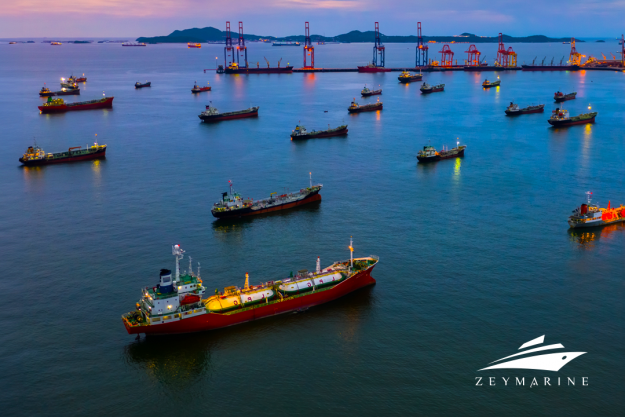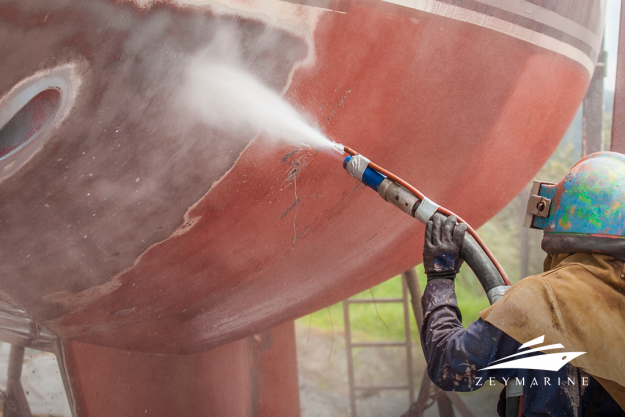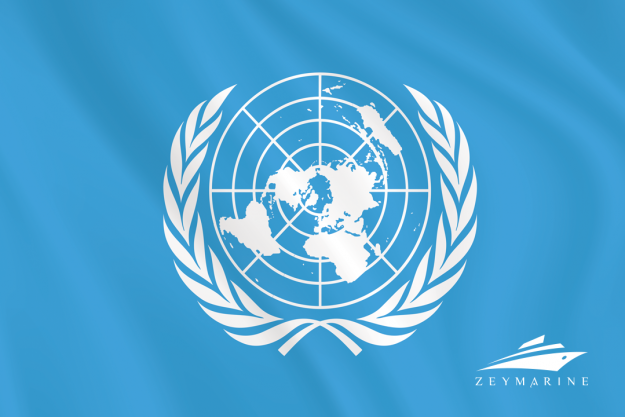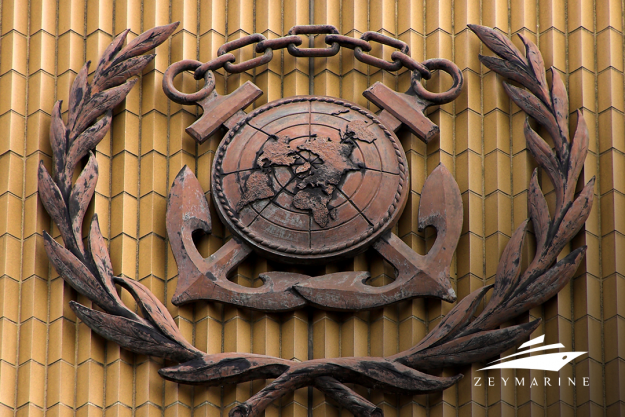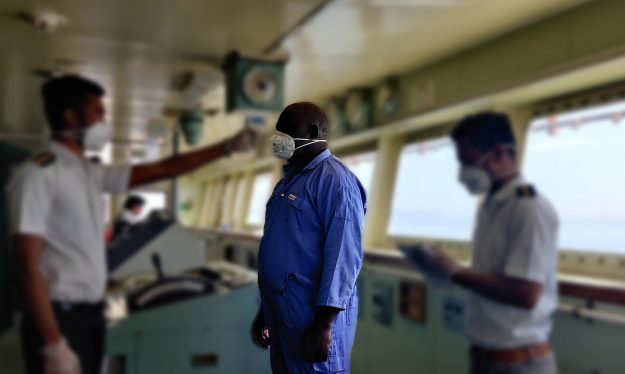United Nations: The Ruling Force Behind Maritime
October 24 marks United Nations Day. The International Maritime Organization (IMO), a crucial part of the United Nations bureaucratic engine room, quietly ensures our safety when we ship our goods from one point to another, despite the fact that most people only associate the UN with the lofty goals of world peace and the eradication…


